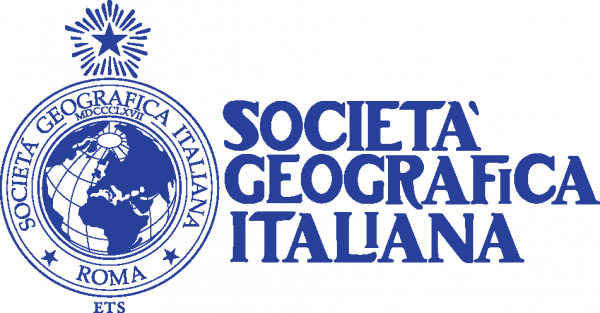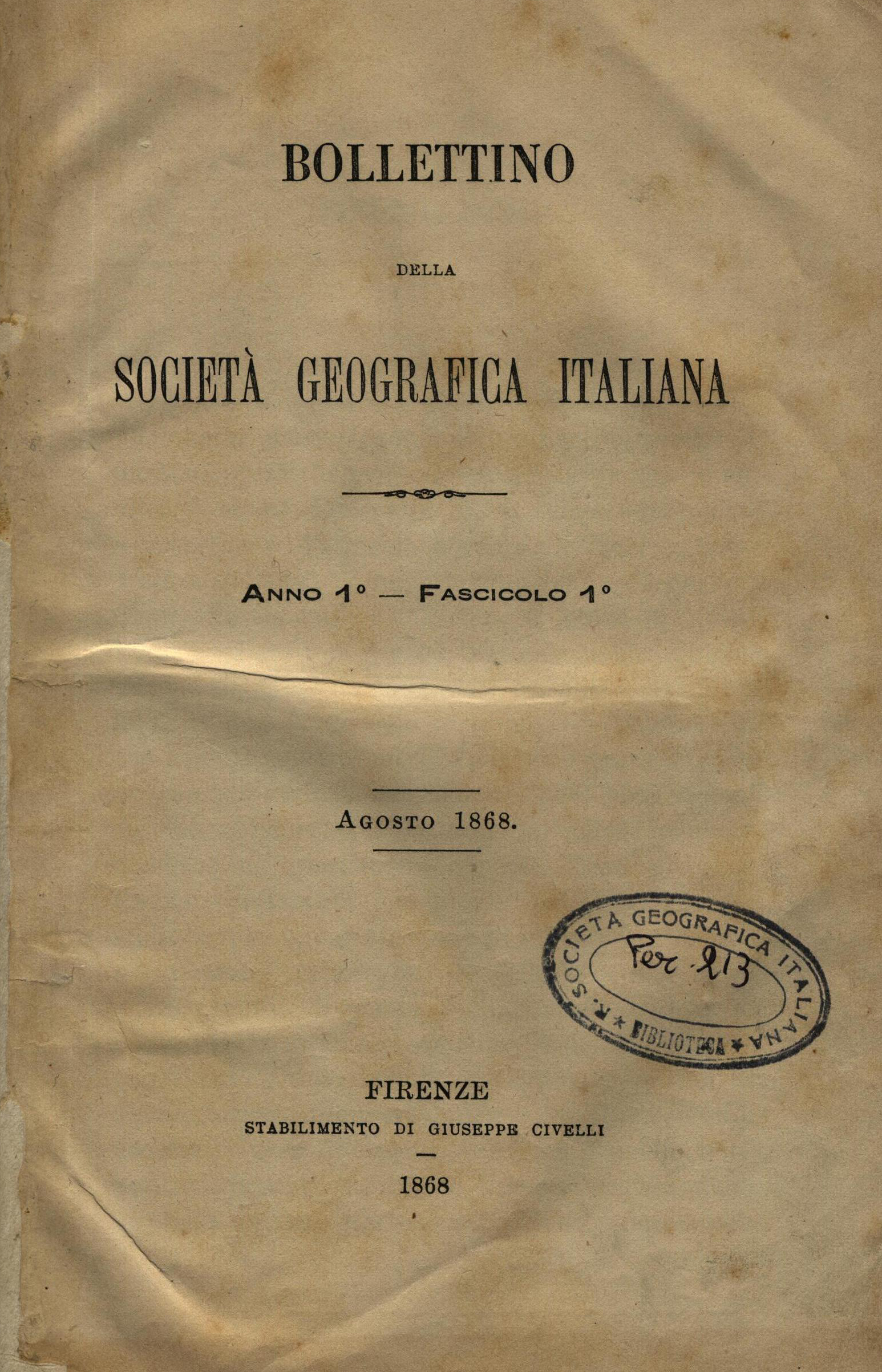THE AUGUSTAN GEOGRAPHY IN THE WRITINGS OF ROBERTO ALMAGIÀ
REFLECTIONS AND ANALYSIS ON THE ACTUALITY OF HIS STUDIES
DOI:
https://doi.org/10.13128/bsgi.v9i1-2.442Abstract
On the occasion of the two thousandth anniversary of the birth of Octavian Augustus (1937), Roberto Almagià held at the Istituto Nazionale di Studi Romani, the conference The Geographical Horizon in the Era of Augustus and Geographical Studies in Rome. The scholar spoke about the difference between the Greek geography and the Roman geography. The Greek geographical culture was born from a theoretical speculation, instead the Roman culture was a practical geography, obtained through the conquest of the Roman legions. The establishment of the principate, which effectively took place in 27 B.C., had important results for literary and scientific output. Political developments under Augustus favored the compilation of a map. The man to whom this task was allotted was M. Vipsanius Agrippa and after the establishment of the principate he became Augustus’s right-hand man. The world map of Agrippa was set up in the colonnade named after him, Porticus Vipsania, in what is now the Via del Corso area of Rome. Agrippa’s world map represented new work of a practical Roman type, which must often have been based on data from the extensive network of Roman roads.









